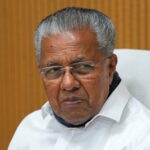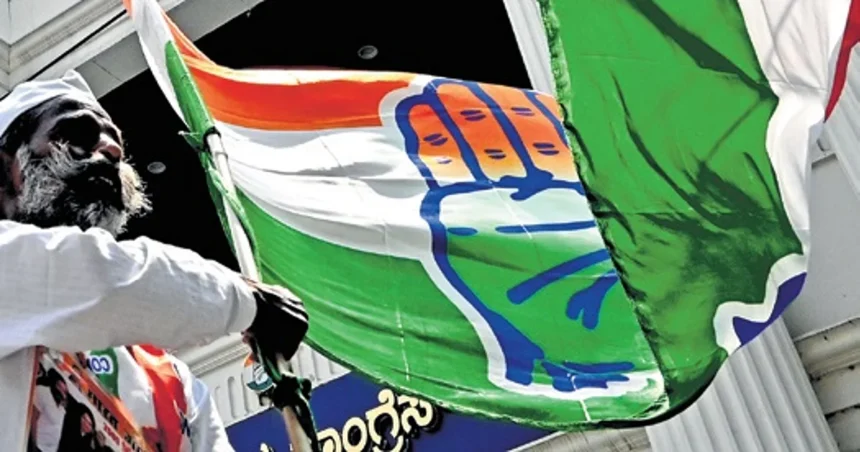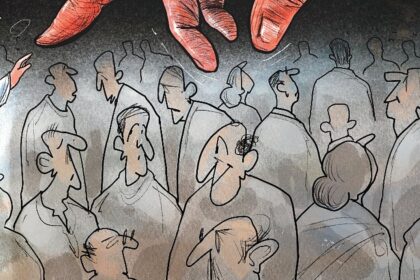In Thiruvananthapuram, the Kerala Pradesh Congress Committee (KPCC) is grappling with a significant internal challenge as it prepares for a major organizational overhaul. The concern revolves around the lack of representation for marginalized communities, particularly the Ezhava community, the largest Other Backward Class (OBC) group in the state.
The Congress, once renowned for its strong community arithmetic, now finds itself under scrutiny as it faces a critical test: ensuring equitable caste representation within its leadership. This issue has gained traction amidst growing calls for inclusivity and fairness, with the party’s organizational restructuring serving as an opportune moment to address these concerns.
The debate over caste representation has been intensified by recent remarks made by Vellappally Natesan, the general secretary of Sree Narayana Dharma Paripalana (SNDP) Yogam. Natesan’s comments have sparked a broader discussion about the need for greater representation of marginalized communities within political parties, including the Congress in Kerala.
The Congress leadership in Kerala has acknowledged these concerns and has expressed its commitment to fostering a more inclusive party environment. “We understand the importance of caste representation in our state’s politics,” said Rahul Gandhi, a prominent Congress leader, during a recent visit to Thiruvananthapuram. “We are working diligently to ensure that our leadership reflects the diversity of Kerala’s population.”
The Indian Union Muslim League, another significant political force in the state, has also voiced its support for increased caste representation within political parties. “It is essential for political parties to reflect the diverse makeup of their constituencies,” said a spokesperson for the party. “We commend the Congress for recognizing this need and taking steps towards addressing it.”
As the organizational overhaul progresses, eyes will be on the Congress in Kerala to see how it navigates these challenges and works towards a more equitable leadership structure. The outcome of these efforts could shape the party’s fortunes in the state ahead of future elections.











